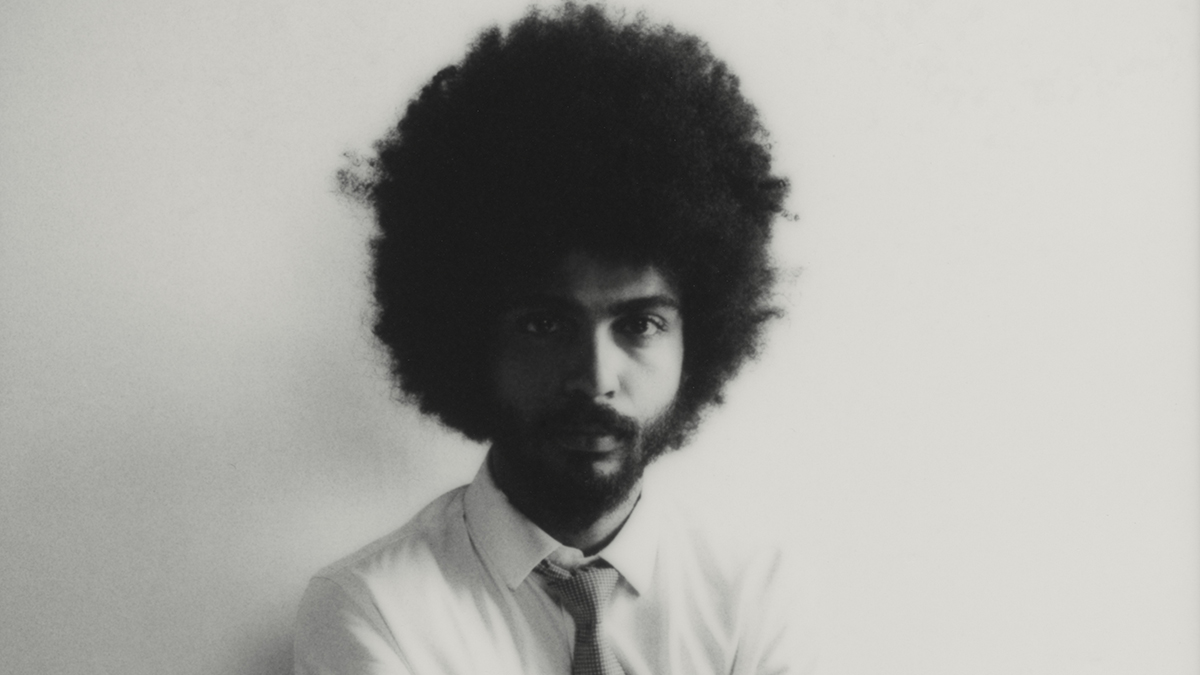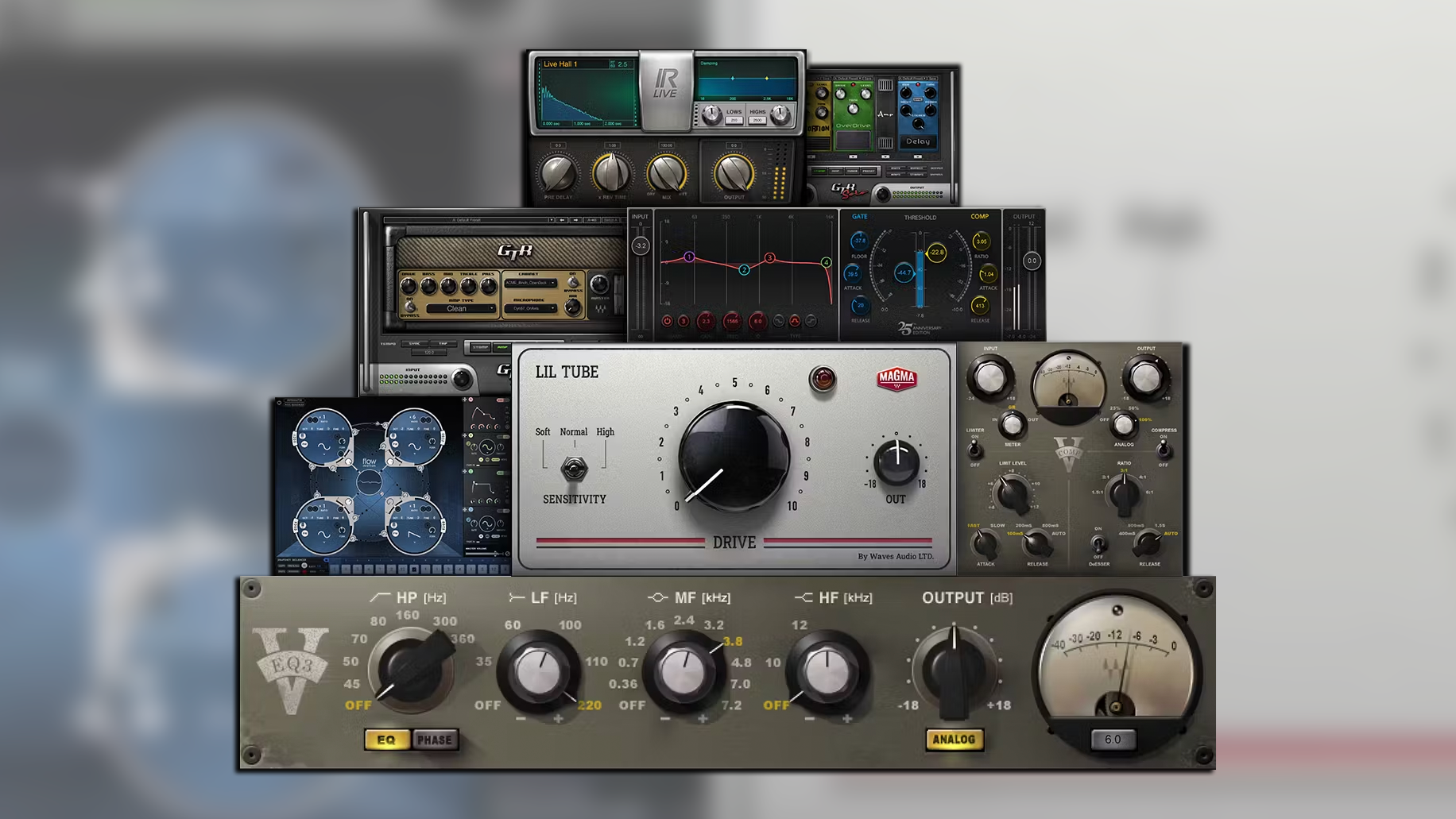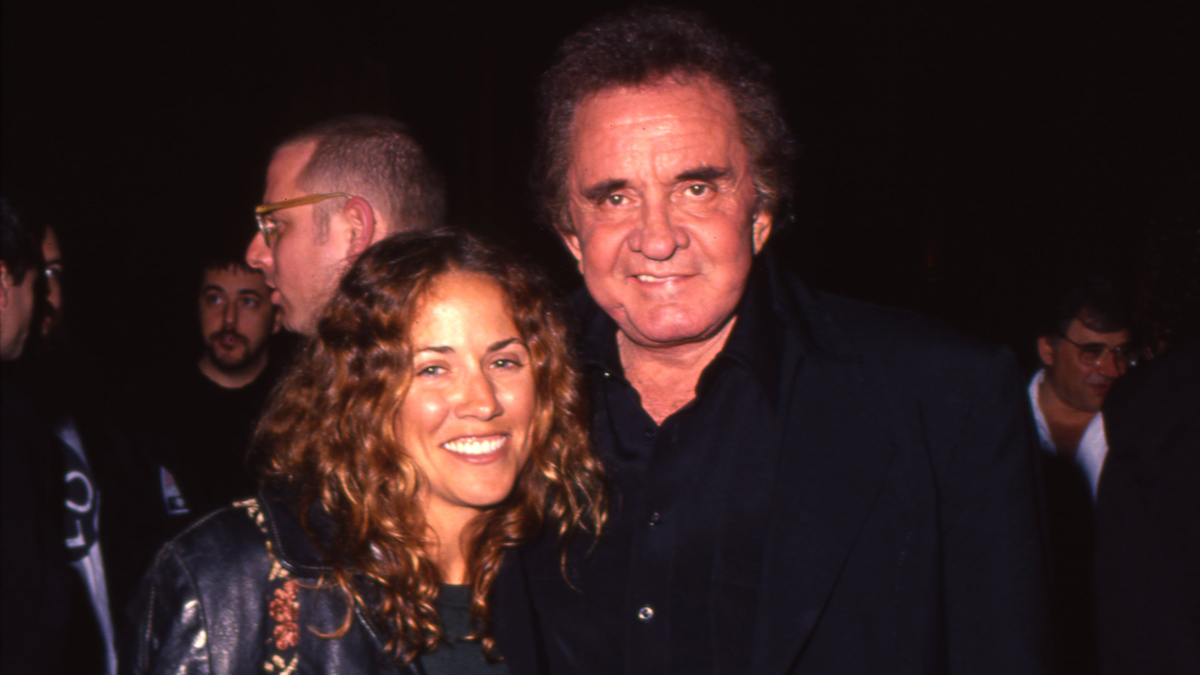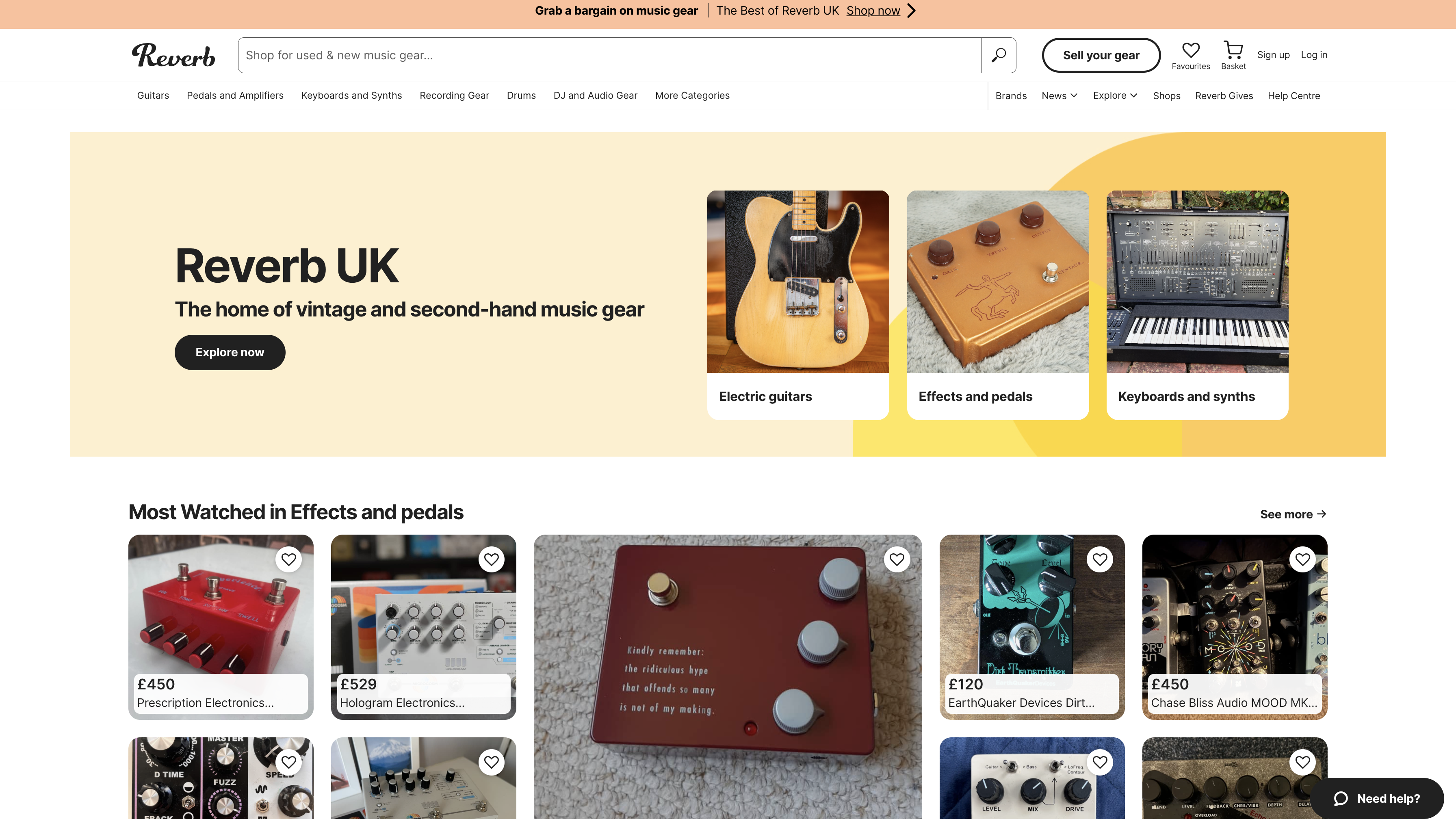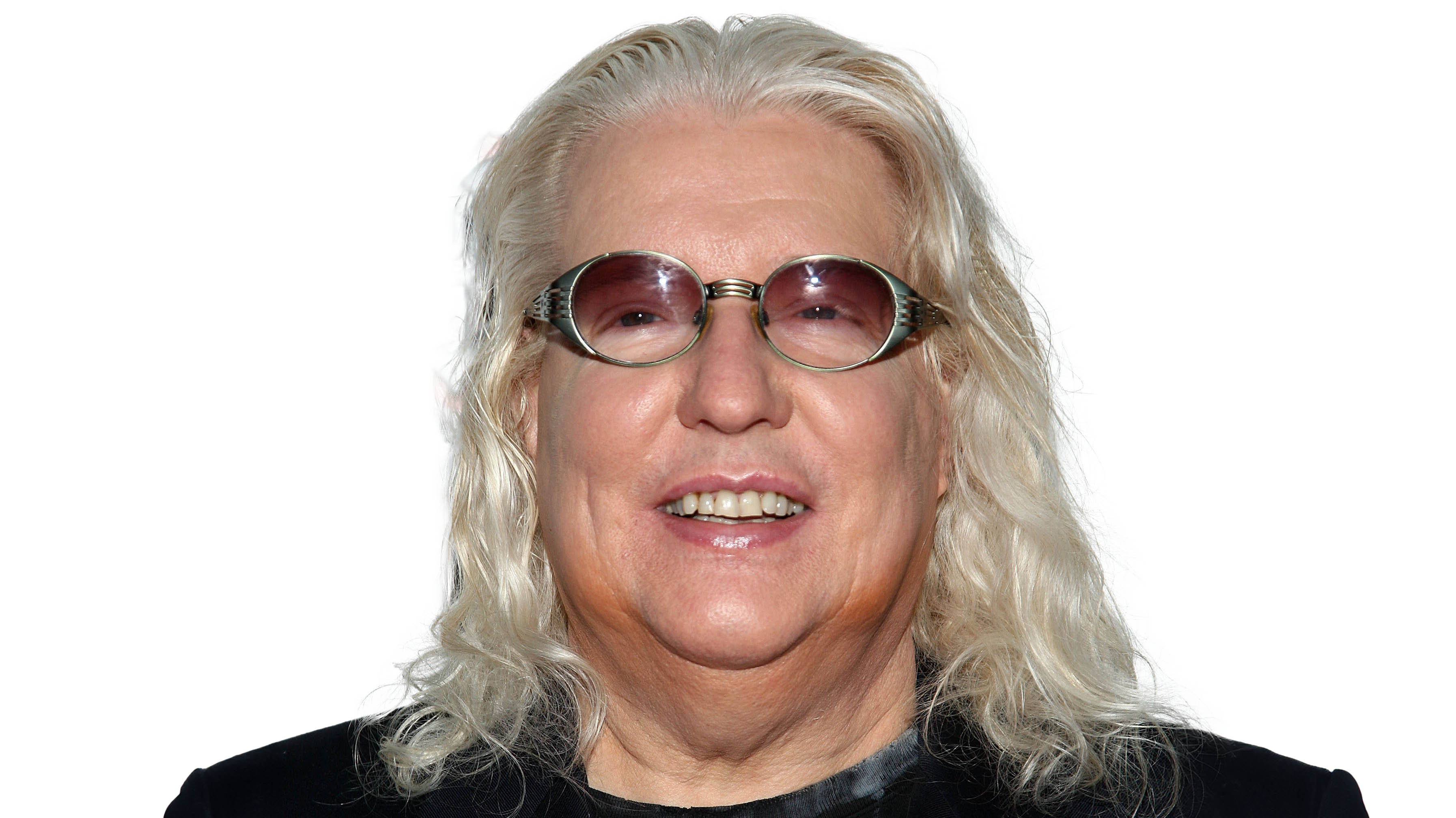“Travis Scott sampled our song - that’s pretty cool!”: How a long-lost '80s rock track was finally heard by millions
A long-awaited victory for a band that could have been huge - if it wasn’t for the Pope!
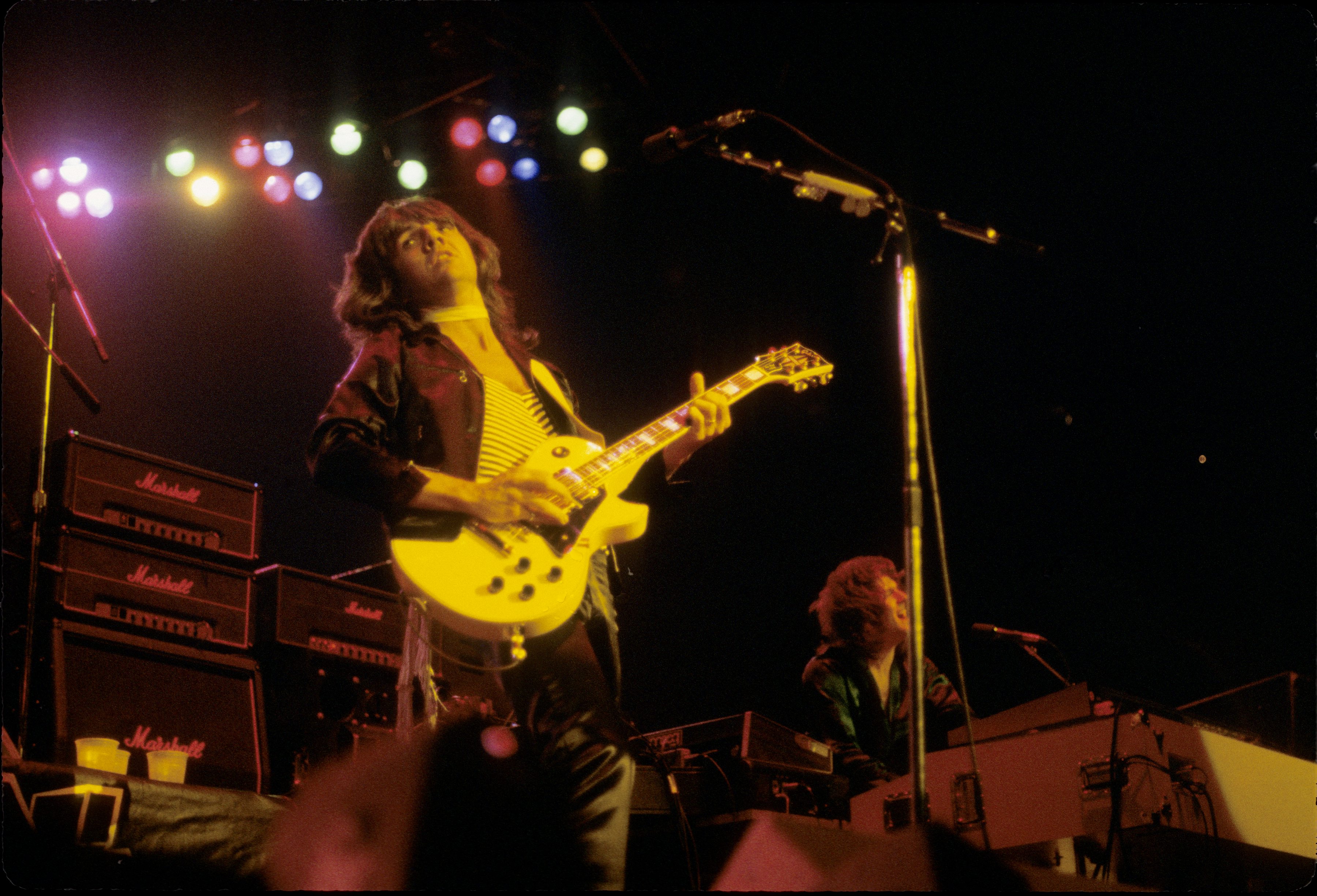
If a week is a long time in politics, 43 years is an eternity in pop music. But that’s how long it took for one band’s music to reach an audience of millions.
Way back in 1980, Boston-based melodic rockers New England watched helplessly as their second album Explorer Suite bombed.
But as the band’s frontman John Fannon says, “We dedicated much of our youth to trying to make great, timeless music.” And in 2023 he was proven right when the title track from Explorer Suite was sampled in Travis Scott’s song Sirens - a global smash hit that has now racked up more than 12 million views on YouTube.
“That,” Fannon says, “is pretty cool!”
A year before Explorer Suite was released, New England had appeared poised to become the next big thing in American rock.
Fannon, the guitarist and lead singer, was a brilliant songwriter whose love for The Beatles was evident in a sound akin to a hard rocking Electric Light Orchestra.
And on a business level, the band had a powerful connection to one of America’s biggest rock acts. They were managed by Bill Aucoin, the savvy tactician who had guided Kiss to superstardom.
Get the MusicRadar Newsletter
Want all the hottest music and gear news, reviews, deals, features and more, direct to your inbox? Sign up here.
What’s more, New England’s self-titled debut album, released in 1979, was co-produced by Kiss star Paul Stanley. And for their first nationwide US tour, New England played to thousands every night opening for Kiss in arenas.
As Paul Stanley recalled in an interview with Classic Rock in 2023: “New England was a terrific band. John Fannon had a Lennon-esque quality to his voice, and you could also hear in New England the bands that The Beatles had influenced - it was like The Beatles filtered through ELO.”
And it wasn’t just Paul Stanley who was blown away by New England. During the recording of that debut album in Los Angeles, Journey were working in an adjacent room at Davlen Studios, and their singer Steve Perry would listen in to what New England were creating. “Steve told us he loved our sound,” John Fannon says.
So where, and how, did it all go wrong?
The first misstep came as the band’s first single Don’t Ever Wanna Lose Ya, a melodic rock anthem similar to Boston’s More Than A Feeling, had climbed to number 40 on the US Billboard chart.
“Don’t Ever Wanna Lose Ya was a real tour de force,” Paul Stanley said. “Just a great, great song.”
But as Fannon recalls: “We were puzzled when our management and record label pulled us off the road to do a new album when Lose Ya was still going strong.”
And then came a total disaster. The band’s record label Infinity had invested an astronomical sum in an album of speeches and songs rendered in Polish by Pope John Paul II. When the Pope’s album stiffed, with returns approximated at one million, the label was bankrupted.
“We were in shock,” Fannon recalls. “The wheels were beginning to come off that express we had been on….”
New England signed to Elektra Records for the release of Explorer Suite - but as Fannon says, “Going with Elektra was another huge mistake. There was a lengthy delay on the album release and the band lost momentum.”
A third album, Walking Wild, was recorded in just two weeks in 1981 with another famous name in the producer’s chair - Todd Rundgren, the polymath solo artist and producer of one of the biggest hit albums of the ’70s, Meat Loaf’s Bat Out Of Hell.
But when Walking Wild went the same way as New England’s first two albums, it was a case of three strikes and out.
In 1982, a disillusioned John Fannon pulled the plug on New England. “It wasn’t fun anymore,” he says, “so I left the band.”
Following the split, two members of the band, keyboard player Jimmy Waldo and bassist Gary Shea, formed the band Alcatrazz with ex-Rainbow singer Graham Bonnet and guitar virtuoso Yngwie Malmsteen.
John Fannon chose a different path, beginning as a writer of jingles for TV ads. “I was still creating music,” he says, “and it was a great living.”
In all the years since the demise of New England, he has continued to work in various capacities: “Composer, sound designer and producer.” He now considers himself “semi-retired”, although in recent years the four original members of New England have reunited to perform live again.
As Fannon says: “The book on New England is bittersweet. ‘They should have been huge’ is a mantra I have heard for forty years.
“But our music has remained timeless,” he adds. “And the latest example is Travis Scott sampling the intro to Explorer Suite as the intro to his song Sirens.”
That’s John Fannon’s voice that you hear singing: “Every night I look up in the sky/And the stars are all there/But when I look for you, you’re never there/Explorer, are you out there?”
Fannon says of the inspiration behind those words: “I studied Aerospace Engineering in college. I’ve always been infatuated with outer space.”
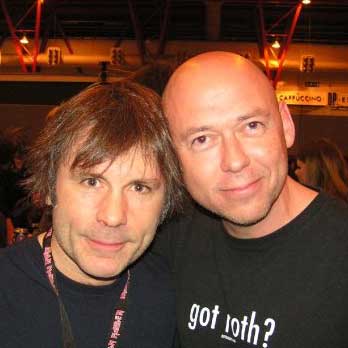
Paul Elliott has worked for leading music titles since 1985, including Sounds, Kerrang!, MOJO and Q. He is the author of several books including the first biography of Guns N’ Roses and the autobiography of bodyguard-to-the-stars Danny Francis. He has written liner notes for classic album reissues by artists such as Def Leppard, Thin Lizzy and Kiss. He lives in Bath - of which David Coverdale recently said: “How very Roman of you!”
“It is ingrained with my artwork, an art piece that I had done years ago called Sunburst”: Serj Tankian and the Gibson Custom Shop team up for limited edition signature Foundations Les Paul Modern
“The last thing Billy and I wanted to do was retread and say, ‘Hey, let’s do another Rebel Yell.’ We’ve already done that”: Guitar hero Steve Stevens lifts the lid on the new Billy Idol album


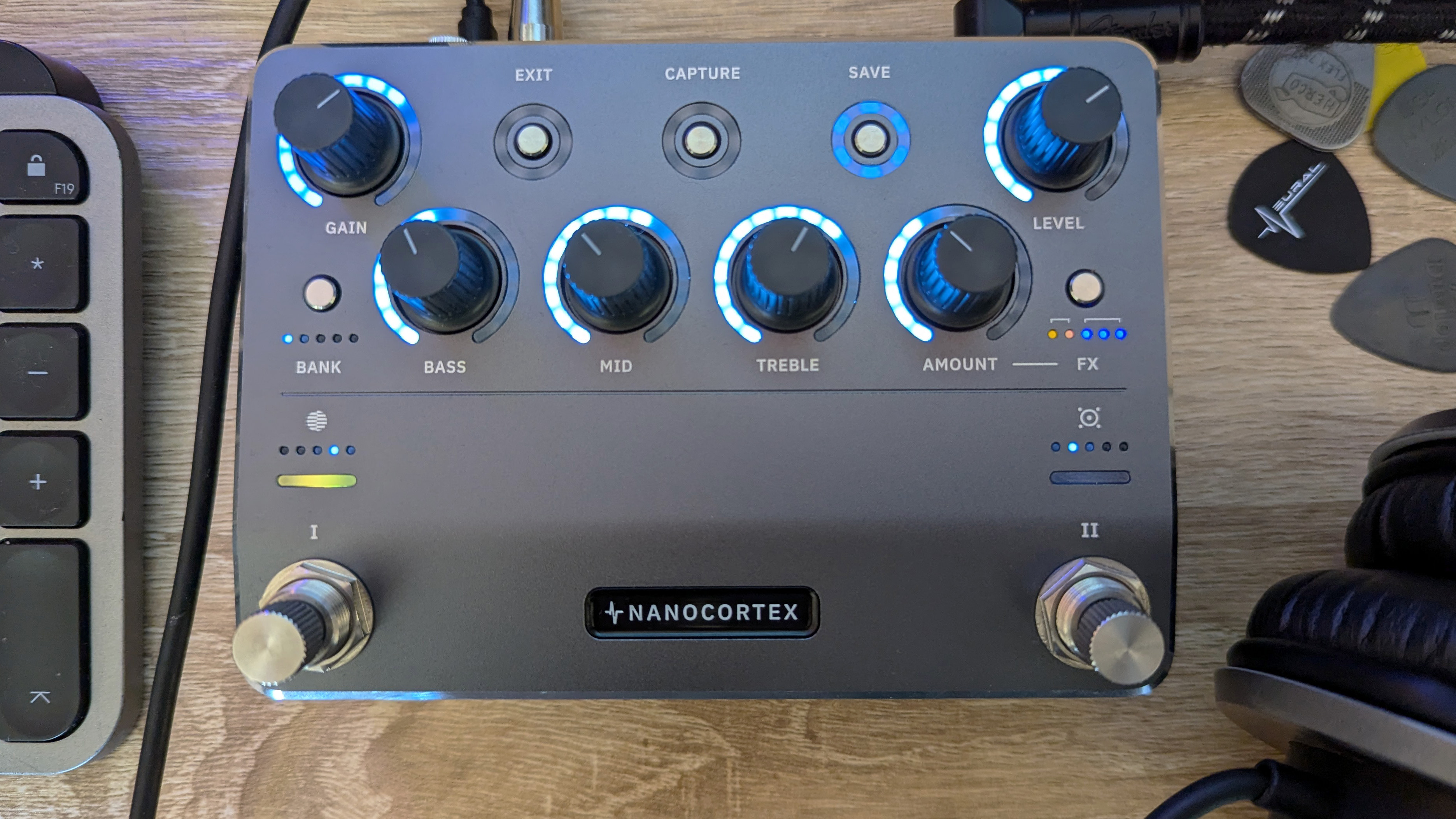
![Gretsch Limited Edition Paisley Penguin [left] and Honey Dipper Resonator: the Penguin dresses the famous singlecut in gold sparkle with a Paisley Pattern graphic, while the 99 per cent aluminium Honey Dipper makes a welcome return to the lineup.](https://cdn.mos.cms.futurecdn.net/BgZycMYFMAgTErT4DdsgbG.jpg)

